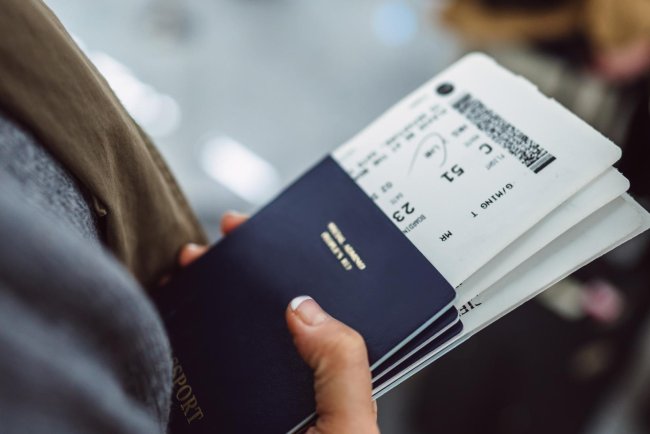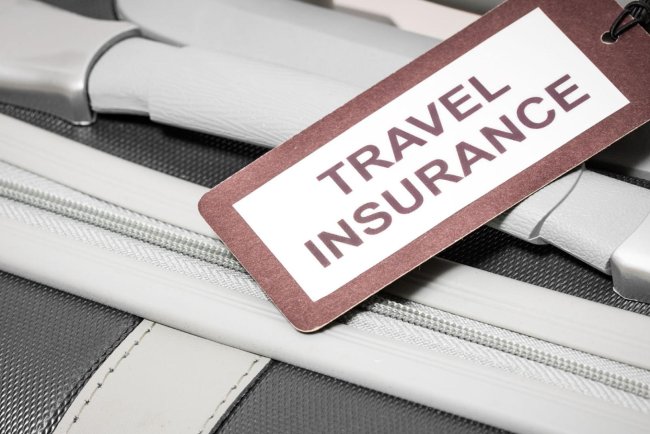FAQs About What Travel Insurance Does Not Cover
1. What are pre-existing medical conditions in travel insurance?
Pre-existing medical conditions refer to any health issues or chronic illnesses that existed before you purchased your travel insurance policy. These conditions are typically not covered, meaning if you experience health issues related to them during your trip, you may not be able to claim insurance benefits. To address this, you may need to opt for a policy with pre-existing condition coverage or a specialized plan.
2. Why don’t travel insurance policies cover high-risk activities?
Travel insurance policies often exclude coverage for high-risk activities like skydiving or scuba diving due to the increased likelihood of injury associated with these activities. Insurance companies may consider these risks too high for standard coverage. If you plan to engage in such activities, you should look for a specialized insurance policy that includes coverage for them.
3. Are delays caused by strikes covered by travel insurance?
Typically, travel insurance does not cover delays resulting from strikes, labor disputes, or civil unrest. These events are often deemed outside the insurer’s control. For coverage of such delays, check if your policy includes additional options or consider other forms of travel protection.
4. What is the difference between medical and non-medical evacuations in travel insurance?
Medical evacuations refer to situations where you need to be transported to a medical facility due to a serious health issue. Non-medical evacuations involve situations such as natural disasters or political unrest. Standard travel insurance usually covers medical evacuations but not non-medical ones, so check your policy if you anticipate the need for such coverage.
5. Does travel insurance cover the loss of high-value items?
Standard travel insurance policies often exclude coverage for high-value items such as expensive jewelry, cameras, or electronics. If you are traveling with valuable items, you may need to purchase additional coverage or a specialized policy that includes protection for these high-value belongings.
6. Can I claim insurance if I need to cancel my trip due to work obligations?
Travel insurance generally does not cover cancellations due to work commitments or business obligations. If you need to cut your trip short for professional reasons, you may not be able to claim reimbursement for unused travel or accommodation expenses. Consider this when planning your trip and purchasing insurance.
7. What happens if I travel to a destination not covered by my policy?
If you travel to a destination that is not covered under your travel insurance policy—such as areas with travel advisories or deemed high-risk—you might find your claims denied. Always check your insurer’s coverage area and consult them before traveling to ensure your destination is covered.
8. Are personal issues like relationship problems covered by travel insurance?
Personal issues such as relationship problems or financial difficulties are typically not covered by travel insurance. If you need to cancel your trip for personal reasons, these are generally not considered valid claims under standard policies.
9. Does travel insurance cover accidents caused by alcohol or drug use?
Most travel insurance policies exclude coverage for accidents or injuries that occur while under the influence of alcohol or drugs. This includes both illegal substances and excessive consumption of legal substances. It’s important to avoid risky behavior that might invalidate your insurance coverage.
10. What is considered normal wear and tear in travel insurance?
Normal wear and tear refers to the deterioration of personal items due to regular use. Travel insurance generally does not cover damages or issues resulting from this natural wear. Ensure your belongings are in good condition before your trip to avoid any related issues.
11. How can I find out if my pre-existing medical condition is covered?
To determine if your pre-existing medical condition is covered, you should review your travel insurance policy’s terms and conditions carefully. Look for any specific clauses regarding pre-existing conditions and consult with your insurance provider if you have any doubts.
12. What should I do if I want coverage for extreme sports or high-risk activities?
If you plan to participate in extreme sports or high-risk activities, you should seek out a travel insurance policy that specifically includes coverage for these activities. Many insurers offer specialized plans or add-ons for such high-risk pursuits.
13. Can I add coverage for travel delays caused by strikes or civil unrest?
Standard travel insurance policies may not include coverage for travel delays caused by strikes or civil unrest. To find out if you can add this coverage, check with your insurance provider or look for policies that offer comprehensive delay protection.
14. How can I ensure that my valuables are covered during my trip?
To ensure your valuables are covered, you may need to purchase additional insurance or a policy that includes high-value items coverage. Check your policy’s terms or consider a specialized plan if you’re traveling with items that exceed the standard coverage limits.
15. What should I do if I need to cut my trip short for unexpected work reasons?
If you need to cut your trip short due to unexpected work reasons, be aware that standard travel insurance typically does not cover these situations. Plan ahead and consider other forms of protection or insurance options that may provide coverage for such circumstances.
16. What are the consequences of traveling to a high-risk area without coverage?
Traveling to a high-risk area without adequate insurance coverage can lead to denied claims and significant out-of-pocket expenses. Before traveling, check your insurance policy’s coverage area and confirm with your provider to ensure you are protected.
17. Can I claim insurance for items damaged due to normal wear and tear?
No, travel insurance generally does not cover damages to items resulting from normal wear and tear. It’s important to keep your belongings in good condition and be aware that such issues are not typically covered by insurance.
18. What steps should I take if I have a pre-existing medical condition and need travel insurance?
If you have a pre-existing medical condition, seek out travel insurance policies that offer coverage for such conditions. Review the policy’s terms, consider purchasing additional coverage, and consult with your insurer to ensure your specific needs are met.
19. Are there any travel insurance policies that cover delays due to civil unrest?
Standard policies often do not cover delays due to civil unrest. However, some insurers may offer specialized plans or add-ons that include this coverage. Review various policies and consult with insurance providers to find one that suits your needs.
20. How can I choose the best travel insurance policy for my needs?
To choose the best travel insurance policy, compare different options, review coverage details, and consider any additional needs you may have, such as coverage for high-risk activities or pre-existing conditions. Consult with insurance providers to ensure the policy meets all your requirements and provides adequate protection for your trip.




















